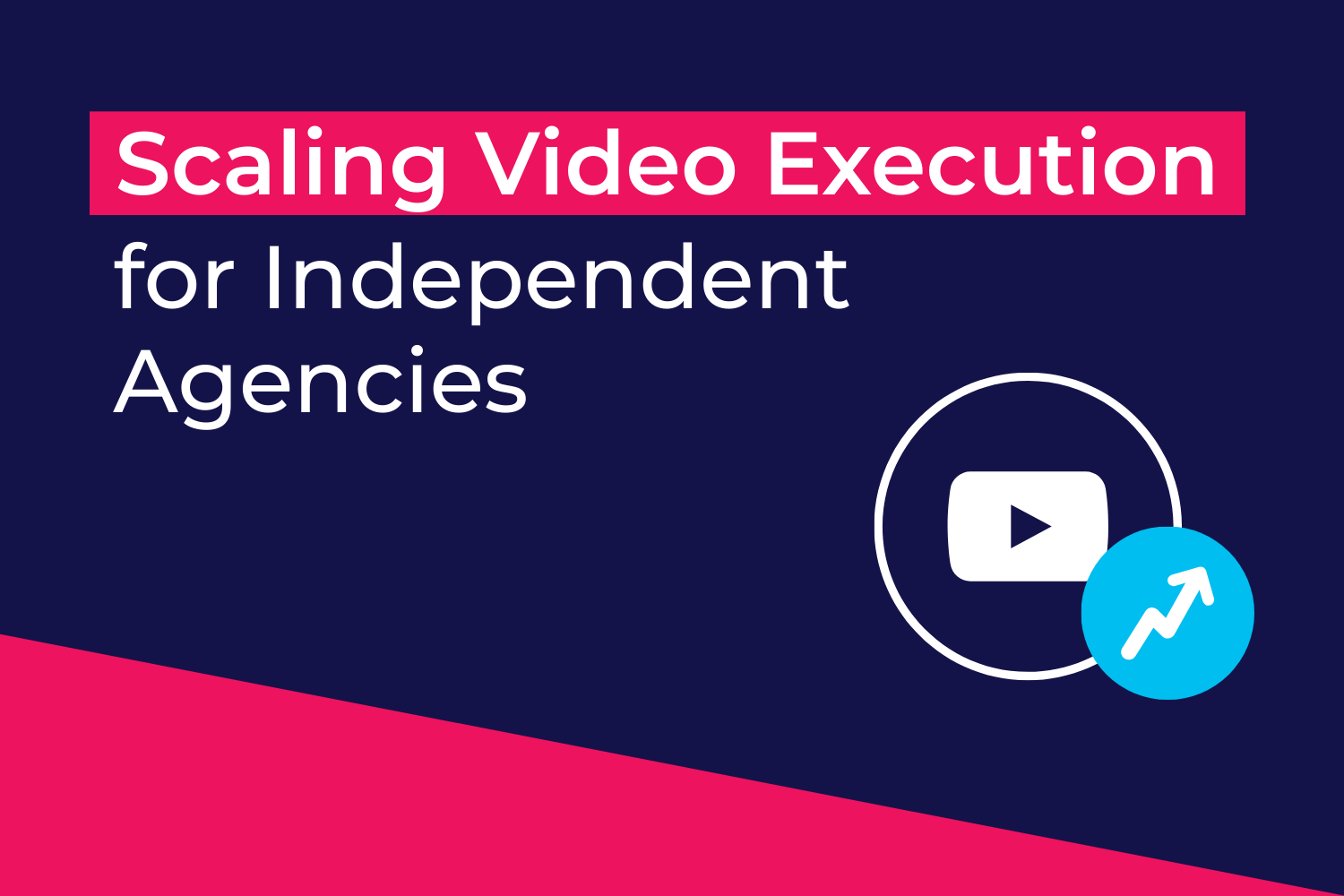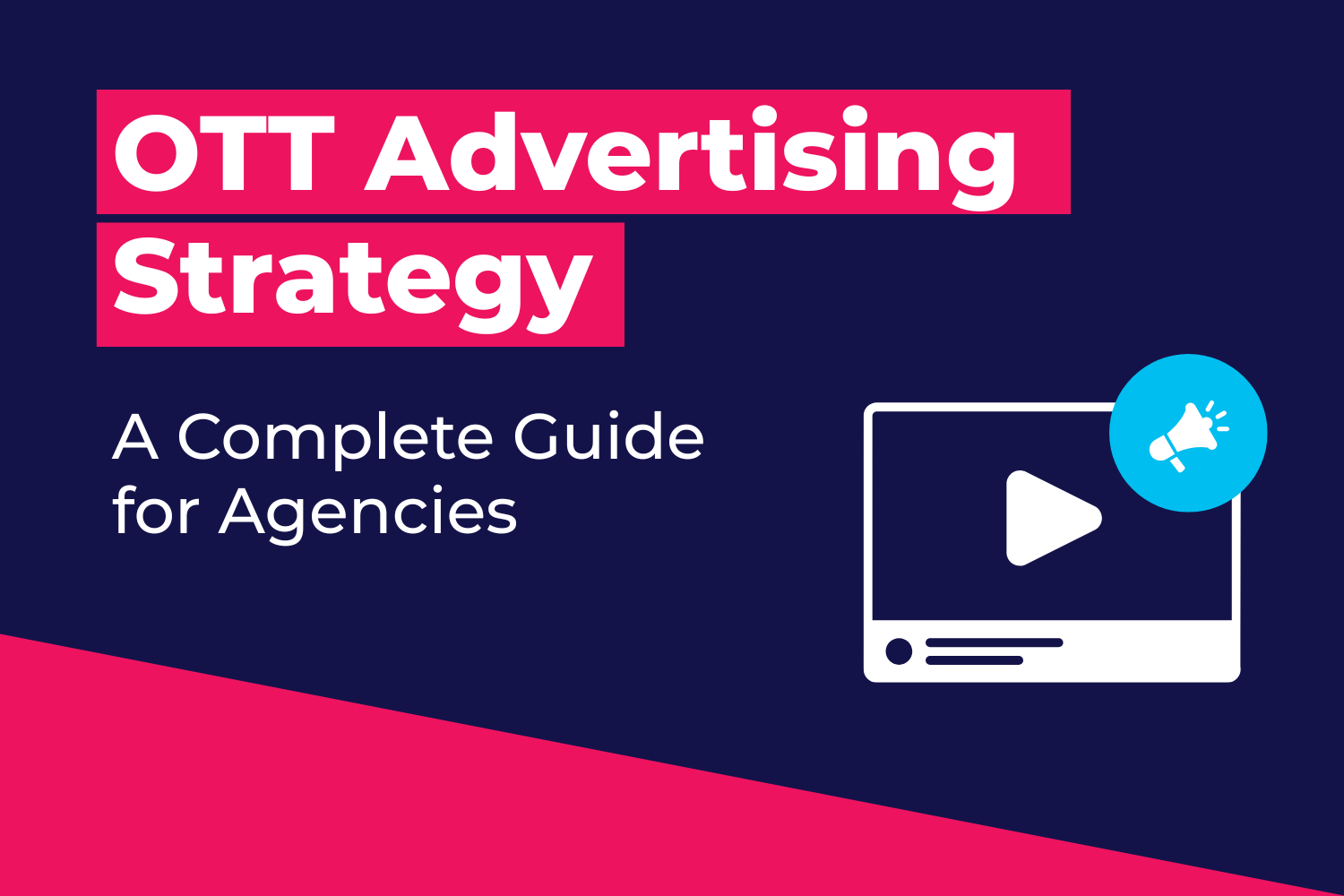Challenges in Digital Marketing
Digital marketing is an integral part of modern business strategies as more and more companies are moving towards an online presence to reach a wider audience. While the benefits of digital marketing are numerous, such as lower costs, better targeting, and higher engagement, numerous challenges come with it.
The digital world's fast-paced and constantly evolving nature presents businesses with unique difficulties, such as staying up-to-date with the latest platforms, adapting to changing algorithms, and competing for audience attention in a crowded online marketplace. This article will explore some of the significant challenges in digital marketing and provide insights on navigating them successfully.
Current Challenges in Digital Marketing
Dynamic Platforms
Dynamic platforms, also known as programmatic platforms, are actively replacing manual marketing practices. These platforms harness machine learning and artificial intelligence, automatically bidding on and placing ads in front of relevant users for the marketer. All bidding, user analysis, and ad placement occur in real time, boosting more accurate ad spend and higher conversion rates.
Programmatic platforms may be intimidating for marketers who are comfortable and familiar with traditional ad placement processes. However, these platforms can simplify workflow and garner a large return, hopefully encouraging marketing leaders to make the shift.
Fast-Changing Trends
It goes without saying that trends change rapidly in marketing. Things like dynamic search and native ads have only been around for about ten years, and TikTok hasn't even turned seven! Yet, these trends are still rapidly shaping how we, as marketers, do things.
This is a significant challenge to keep up with the newest macro and micro trends, and what especially trips marketers up is deciding which to invest time and money into. One might invest heavily in channels like TikTok or Snapchat. However, these mediums may become obsolete in just a few years.
Competing with National and International Brands
Another significant challenge businesses face in digital marketing is competing with national and international brands. With the emergence of digital marketing, smaller companies can now enter the arena with larger organizations on a more level playing field. However, national and international brands have greater resources and larger marketing budgets, making it challenging for smaller businesses to get noticed.
Smaller businesses need to work harder to differentiate themselves from their larger competitors and create a unique brand identity that resonates with their target audience. They can do this by developing a solid content marketing strategy that focuses on creating high-quality and relevant content tailored to their target audience's needs and interests.
Optimizing Marketing Budgets and Measuring ROI
One of the biggest challenges businesses face in digital marketing is optimizing their marketing budgets and measuring their return on investment (ROI). With an ever-increasing number of digital channels, businesses need to identify the best channels and allocate their budgets accordingly. Moreover, measuring the effectiveness of the chosen channels is essential to ensure that resources are allocated to the most effective strategies. However, tracking and analyzing data accurately can be challenging, and it can be difficult to determine which metrics are the most important to follow.
“ROI is a straightforward metric that should be broken down into key performance indicators. If the campaign is meeting the KPIs, it is garnering a strong return and achieving the goal of our media dollars. If KPIs aren’t met, we narrow in on what is preventing our success and how to correct the course.
At Pathlabs, ROI is extremely important to keep top of mind during campaign planning and execution as we are consistently striving to get the most out of client dollars. Teams should optimize campaigns very intentionally and in ways that ensure the production of actionable insights and quality results that leaders can leverage in current business decisions and future marketing campaigns.” - Kait Boomer, Account Manager
Data and Security Issues
Another significant challenge in digital marketing is data and security issues. With data breaches becoming more common and privacy concerns growing, businesses must be careful in collecting and using customer data. Additionally, complying with data protection regulations can be challenging, especially for small businesses with limited resources.
Some fraud methods in advertising include click farms: groups of low-paid workers that click on thousands of ads daily to inflate the engagement metrics marketers use to guide campaign strategy. Ad bots and pixel stuffing find ways to increase the number of clicks a marketer achieves for a client.
Malwartising and ad stacking place an ad over the marketers' original ad, downloading malware on the users' devices or taking them to a sketchy page. This can inconvenience or even put the user at risk and maybe even cause the user to associate the fraud ad with the marketers' brand.
Unpredictable Buying Behavior
One of the most prominent struggles businesses face is needing help to predict how users will act or what causes them to convert. Marketing teams may get crafty and use an attribution model to track all the touchpoints a user interacts with before converting.
However, we need a foolproof way of knowing why a user clicks to subscribe or purchase an item. Any user may convert because they saw an ad, heard about it via word of mouth, some other external factor, or a combination. We don't know, causing marketers to run campaigns aimlessly.
Bandwidth and Time Constraints
Digital marketing can be time-consuming, and many businesses find themselves stretched thin, struggling to find the time and resources to maintain their online presence. With new digital platforms emerging regularly, keeping up with the latest trends and technologies can be challenging. Finding the right balance between managing digital marketing efforts and other business tasks can be difficult, especially for small businesses.
Mobile-Forward Advertising
Mobile-forward advertising is another significant challenge that businesses face in digital marketing. With the ever-increasing use of smartphones, companies must ensure that their advertising is optimized for mobile devices. This means creating ad formats that are mobile-friendly and designed to be viewed on smaller screens.
Mobile-forward advertising requires businesses to take a mobile-first approach to their advertising strategies. This means creating ad formats specifically designed for mobile devices, such as vertical video ads, interactive ads, and short-form ads viewed on the go. Additionally, businesses must ensure that their landing pages and websites are optimized for mobile devices to provide a seamless user experience for their target audience.
Mobile advertisements may appear via programmatic mobile ads, social media posts, or other platforms and apps. Formats can include audio, video,display, search, pop-ups, native, and so on.
Content Strategy and Implementation
Developing digital marketing campaigns is tricky because they are very systematic and involve many moving parts and people. There needs to be a media planner to outline the campaign, somebody to create the media and ad copy, a media buyer to activate the campaign, and somebody to review and optimize.
Each of these team members plays a separate role that contributes to the overarching goals of the campaign. When aligning all of these workflows, maintaining communication and pushing timelines can get messy, slowing productivity and causing a workplace headache.
Creating Effective Ad Copy
Creating effective ad copy is crucial for businesses to capture their target audience's attention and stand out from the competition. However, crafting the right message, selecting the proper format, and targeting the right audience can be challenging. With so much noise and competition in the digital landscape, businesses need to ensure that their ad copy is relevant, engaging, and optimized for the platform where it will appear.
How to Overcome Digital Marketing Challenges
“There is no doubt that we will continue to have concerns and challenges in the marketing world and consistently adapt to new trends, regulations, opportunities, and threats.
Knowing this, teams must be one step ahead and have a backup plan to push through these hurdles and barriers. It’s all about being adaptable and quick on your feet to re-adjust when rough patches occur.” - Joslyn Carlson, Media Coordinator
Whether you're a small business owner or a seasoned digital marketer, these strategies will help you stay ahead of the curve and achieve success in your digital marketing campaigns:
Know Your Target Audience
It's imperative to establish a target audience before executing a campaign. Marketers need to focus on exactly who they want to reach and who data shows is most likely to convert and take action when coming in contact with a brand.
This is a more complex step to complete than most think. Marketers should reflect on evidence that their target audience identities exist. To do so, they can look to their old and new customers for insight, or they may need to put in some more research to see if there are real customers that align with what the campaign is marketing. This research may also look at audience reports and demographics to analyze who adjacent competitors target.
Flexible Marketing Strategy
To overcome the challenges faced in digital marketing, businesses must be willing to adapt and be flexible in their marketing strategies. This requires constant monitoring and analyzing market trends, target audience behavior, and industry standards and making necessary changes to the marketing strategies.
According to our Account Manager, Kait Boomer, data also plays a huge role in flexible strategy because data tells you if the campaign is working or not, allowing for quick, dynamic pivots.
“Data ultimately helps create a visual for our team to understand and demonstrate the successes and plunders of any given campaign. Obtaining and leveraging these types of benchmarks are key; the data will always speak for itself and light the best path forward toward the campaign’s end goal.” - Kait Boomer, Account Manager
Stay Up to Date with Current Trends
The modern marketer needs to be aware of new trends and opportunities. This may be a trend that their target audience is interested in or software that competitors are adopting.
According to our Media Coordinator, Joslyn Carlson, embracing new trends doesn't mean the marketer needs to constantly sift through industry statistics and upgrade to the latest platforms every quarter. Instead, marketers can achieve this by doing a little research or reading the news daily.
“Our team hits hard on ensuring we are up to date on what is happening in the marketing world around us. We have multiple team members who spend the first few minutes of the morning digesting any new information that may have come up overnight.
Not only do we keep up with this further information for our knowledge, but then we can come to our clients with the best ideas, recommendations for platforms, and a roadmap for navigating all these new trends.” - Joslyn Carlson, Media Coordinator
Use Media Planning Tools
Media planning tools are platforms (or software) that take elements of the media campaign process and integrate them into a single platform to support a functional workflow. The goal of using these tools is to make it easier for marketers to execute and report on media campaigns.
These are great tools to help teams know what they are executing, how much they are spending, what deadlines they must meet, etc. For marketing teams specifically struggling with organization and pushing deadlines, this is a tool to consider. All with visual tracking boards, task assignments, and many more features.
Market Research
In the simplest form, market research is gathering information about the people the marketer wants to target. Teams can be doing something other than actively facilitating focus groups and conducting experiments to take advantage of market research.
Instead, they can apply market research to campaigns and business functions by paying attention to what is happening in the external world. Marketers can read new articles about recent findings in marketing or consumer behavior, field surveys and polls on different channels, or even talk to customers and ask them what they want.
At Pathlabs, we keep a constant communication loop between our team and clients to gauge their needs and how these continue to align or misalign with our organization's objectives.
Delegate Media Strategy and Execution
Marketers don't have to do all the heavy lifting. Three options serve as ways for them to delegate tasks and lower the amount of work on everybody's plates:
First, firms can delegate their marketing tasks via outsourcing, where they have an external agency or partner to execute campaigns for them. If there is only one part of a campaign, like buying, that a team wants to outsource, they may consider using a media buying agency or programmatic partner.
Second, teams can adopt a modern marketing team structure where there is a media planner, media buyer, media activator, campaign analyst, and so on. By following this format, teams can have a more designated person for each step of the campaign implementation process.
Lastly, teams can also consider using programmatic platforms. These take a chunk out of the team workflow because they are run by artificial intelligence. Teams can set up the campaign within the platform, input budget, timeline, and target audience; then, the platform will do the ad space bidding and buying.
In Conclusion…
Digital marketing presents numerous challenges for businesses to overcome. Optimizing marketing budgets, managing data and security concerns, finding the right balance between time and resources, crafting a successful content strategy, and creating effective ad copy are some of the most significant. By developing the right strategy and leveraging the right tools and technologies, businesses can navigate these challenges and capitalize on the vast opportunities that digital marketing offers.
Curious about the advantages of working with a media execution partner? Reach out to Pathlabs to discover how we can become an extension of your team.







